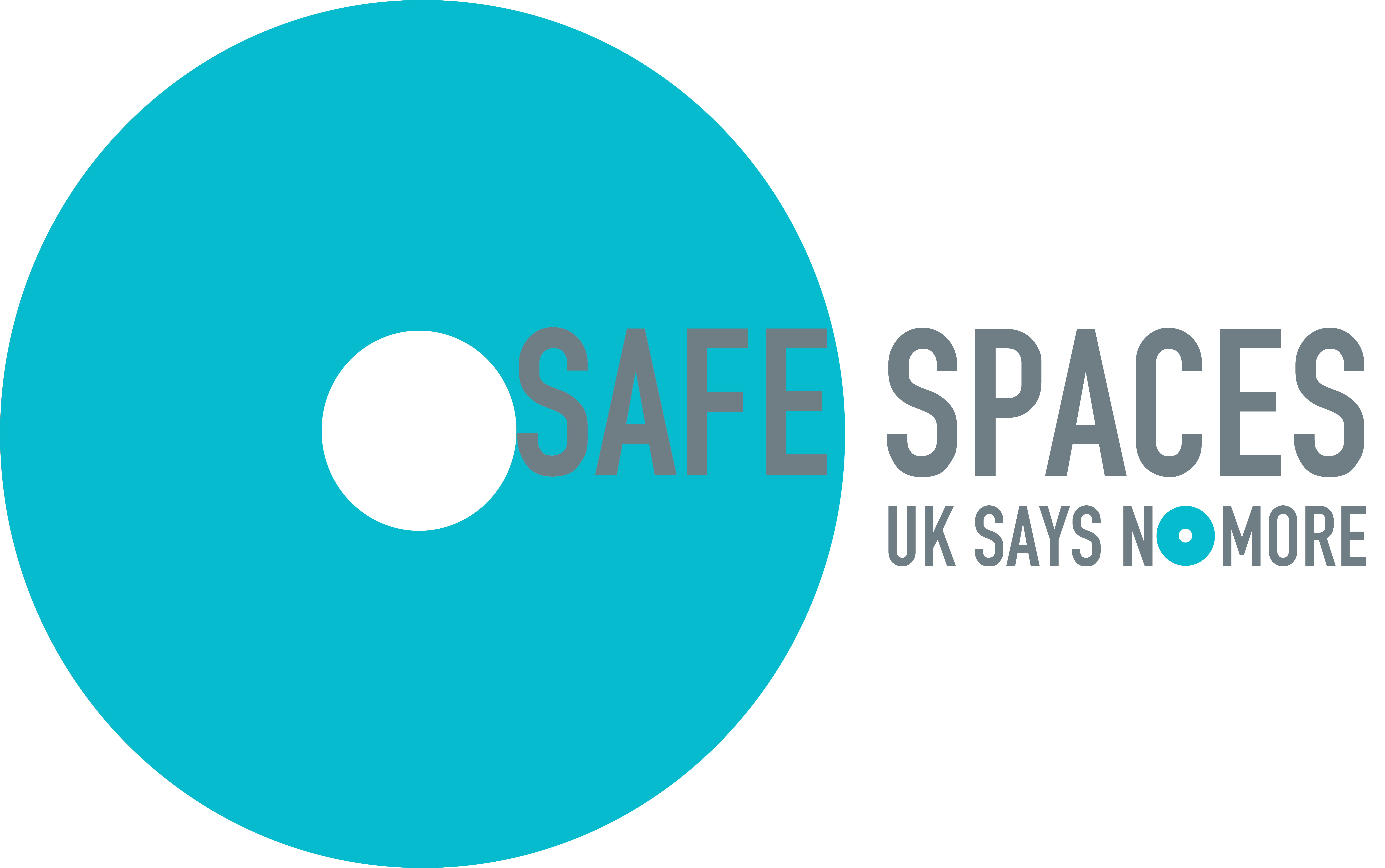The shape of things to come
25 June 2018

I often wonder if the founders of the first housing associations could have predicted the shape of things to come. From homes fit for heroes in the 1900s, the massive state sponsored social house building of the 1950s and 60s, dreams of home ownership for all in the 1980s, up to generation rent today, the changes over the last 150 years have been profound.
Simon Graham, Director of Strategy, Research and Communications
The last 10 years alone have seen unprecedented challenges: Not enough homes being built, rents and house prices becoming more and more unaffordable, homelessness rising, government policy favouring ownership over other forms of tenures and significant welfare benefit cuts.
And what does the future hold? The 2020s will bring challenges of their own: a sluggish economy, falling incomes and rising in-work poverty will keep housing unaffordable for many and homelessness is likely to stay high. We also have an increasing older population which is rapidly becoming more frail.
How can housing associations respond to these challenges? This is what The Future Shape of the Sector Commission created by Network Homes, Clarion and L&Q has been examining over the last year, and today it published its findings.
The report argues that housing associations are uniquely placed to respond to the challenges of the 2020s. And what’s more, there is a window of opportunity created by a new political consensus on housing that associations must grasp.
To fix our broken housing market, the government has vowed to build 300,000 new homes a year until the mid 2020s. But it won’t be job done by that point. This level of building will need to be sustained for a decade or more. The report argues housing associations will need to double their development activity to around 80-100,000 new homes a year to support this ambition.
That may sound like a daunting prospect but the evidence to the Future Shape of the Sector Commission shows that housing associations are willing and able to respond. They have the flexibility and diversity of business model, a level of financial power, and they are long-term investors, willing to commit patient capital to deliver a rounded social and economic offer that creates community benefits. But most of all, as some of the largest social enterprises in the country, they have the instinctive and hard-wired social purpose to drive their ambition to succeed.
This is another key theme picked up by the Commission report, which argues that housing associations should ensure social purpose is transparently at the heart of their work. It needs to be preserved and protected as the sector’s guiding star.
Social purpose demands an unfailing commitment to existing residents. Housing associations need to ‘remake the contract’ with their residents for the 2020s. This means rethinking every aspect of service for the digital age, taking into account the increasing diversity in the customer base and responding to the wide ranging implications of the Grenfell Tower tragedy.
In reaching its conclusions, the Future Shape of the Sector Commission has taken evidence from over 60 leading figures in government, regional and local authorities, from residents, housing associations, trade bodies, think tanks and universities, and well placed consultants.
The report attempts to establish a broad direction of travel for the sector. But it’s not intended to be definitive. The Commission hopes it will provoke a debate in housing association boardrooms and executive teams, in government, councils and elsewhere.
Every association can take the questions and challenges the Commission poses and use them to decide how best they can meet the challenges of the 2020s. But ultimately we want this report to prove a call to action.
Someone once said the best way to predict the future is to create it. Housing associations should now rise to that challenge.

